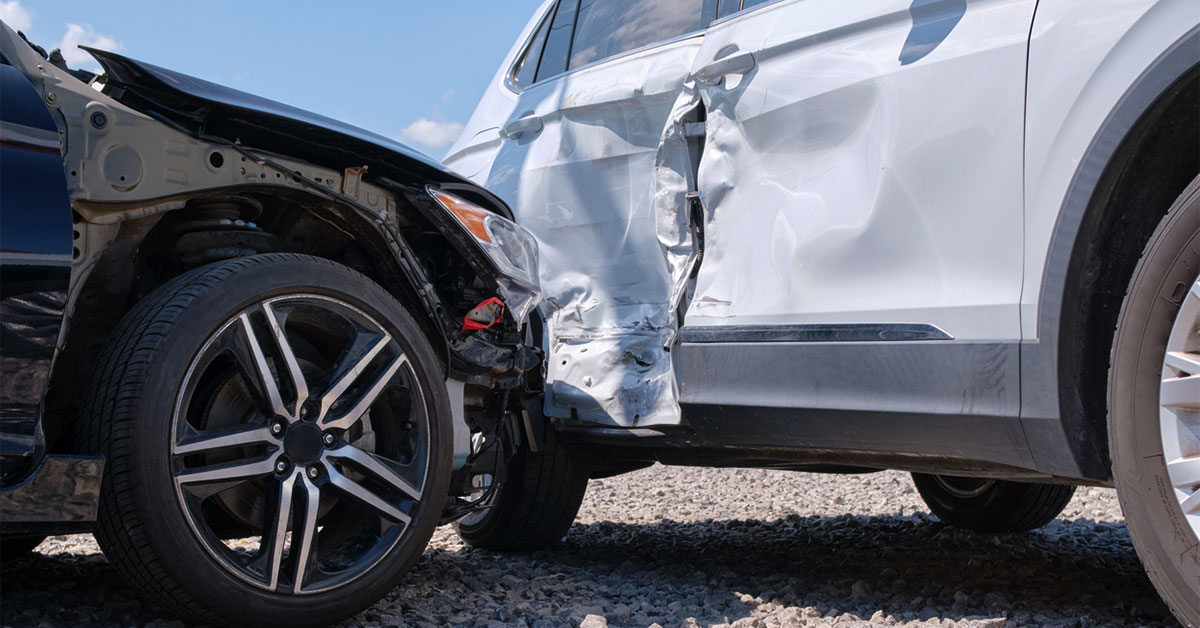Nobody wants to pay more for auto insurance than they need to, but with so many insurers and coverages on the market, finding the best deal can sometimes feel overwhelming. Plus, it isn’t always worth settling for the cheapest car insurance since that can leave you with a lack of protection. No matter how much insurance coverage you need, there are ways to maintain an ideal insurance policy while saving money simultaneously. To help along your search, here are seven ways to potentially save on car insurance in 2025.
Key Takeaways:
- According to U.S. Bureau of Labor Statistics data, the average cost of motor vehicle insurance increased 17.8 percent from 2023 to 2024.
- Comparing car insurance quotes from multiple companies before renewing your policy could help you find and secure a better rate.
- Depending on your car’s value, phasing out certain coverages or adjusting your deductible could help you reduce insurance costs.
1. Shop Car Insurance Quotes Regularly
One of the simplest ways to ensure you get the best auto insurance rate is to shop for insurance quotes every year or two. If you’ve been with the same insurance company for some time, you may be missing out on lower coverage costs from other insurers.

Insurance companies use multiple factors to set premiums, so some may weigh certain factors more than others. This could help your rate, depending on your insurance history. However, when comparing quotes, always select the same coverages, limits, and deductibles for an accurate comparison. And don’t worry—if you find a better deal, switching insurers isn’t as difficult as it may seem.
At AIS, we make it easy to compare quotes from our network of trusted insurance partners. Click here to get started on a free auto insurance quote today.
2. Don’t Forget to Ask About Discounts
Comparing car insurance quotes isn’t the only way to save on your car insurance rate. A common mistake customers make is failing to take advantage of discounts many insurers’ offer. If you didn’t know, most carriers have a handful of discounts you may qualify for by simply being you. When updating or renewing your policy, always ask if you’re eligible for any discounts you may not know about.
Although these can vary depending on where you live and who your insurer is, typical car insurance discounts include:
- Bundling discounts for bundling your residential and auto insurance policies with the same insurer.
- E-bill or auto-pay discounts.
- Good driver discounts for motorists who haven’t been involved in any accidents for a set period.
- Pay in full discounts for policyholders that pay their premium fully instead of using installments.
- Association discounts.
- Telematic usage discounts for drivers who opt in programs that track their driving habits.
3. Take Note of Any State Changes Regarding Car Insurance
Depending on where you live, your state may have recently changed the minimum amount of car insurance you are required to have. Nearly every state requires drivers to carry liability insurance, however, the exact amounts can vary.

If you carry the minimum amount of insurance legally required and your state has increased its minimum limits, your policy will reflect the new limits at renewal. Since this means your policy will renew with higher limits, it’s likely that your rate will also increase. If you still have some time until your policy renews, you can get ahead of this by searching for the best rate now.
As a quick rundown, here are the states that increased their car insurance requirements in 2025:
- California: minimum limits have increased from 15/30/5 to 30/60/15.
- North Carolina: minimum limits have increased from 30/60/25 to 50/100/50.
- Utah: minimum limits have increased from 25/65/15 to 30/65/25.
- Virgina: minimum limits have increased from 30/60/20 to 50/100/25.
4. Adjust Coverages Based on Your Car’s Value
Carrying enough insurance coverage to protect you across a wide range of scenarios is essential. However, if you drive an older car, some coverages may cost more than what you’ll receive after a claim.
Collision insurance covers repair or replacement costs (up to your policy’s limits) if your vehicle is damaged from an accident with another car or object. Comprehensive coverage will cover repair or replacement costs (up to your policy’s limits) if weather incidents, vandalism, or theft damage your car. These coverages are great to have, but their maximum payout is limited to your car’s actual cash value or the amount it was worth immediately before the accident.
If you own an older vehicle, always compare the cost of these coverages to the cost of your car. Collision and comprehensive insurance are a good idea for newer vehicles, but not so much for older cars with low market value. If your vehicle is worth less than what you’ll receive as a payout, you may want to consider dropping optional coverages.
5. Compare Insurance Rates Before Buying a New Car

Car insurance premiums are based on several factors, but your car’s value has a lot to do with your overall rate. An expensive sports car with special parts will be much more expensive to insure than a mid-level compact sedan.
If you’re in the market for a new car, it’s best to begin shopping around and comparing potential insurance costs based on the vehicle model you select. Although this won’t lower your current premium, it will give you a better understanding of how your insurance costs may change with a new vehicle purchase.
6. Bundle Several Policies with One Insurer
You can often receive a discount for bundling different insurance policies with the same company. It’s likely that your car insurer also offers different types of insurance, such as residential insurance. In some cases, you can save on your premium if you bundle your insurance with your residential insurance company. However, we still recommend comparing quotes regularly, as bundling may not guarantee you get the best rate possible.
7. Adjust Your Deductible
Your policy will include a deductible if you carry coverages such as collision or comprehensive insurance. $500 is a typical deductible amount, but it can range anywhere from $100 to $2,000, depending on your provider. Regardless of the amount you select, it’s important to understand the relationship between your insurance rate and your deductible amount.
When you increase your deductible, it could result in a lower rate. Conversely, when you lower your deductible, you could set yourself up for a higher premium. Think of deductibles as a tradeoff:
- High deductible = higher out-of-pocket expenses with a lower insurance rate.
- Low deductible = lower out-of-pocket expenses with a higher insurance rate.
You need to settle your deductible when you file a claim through your collision and comprehensive insurance provider. Because of this, you should only consider increasing your deductible if you can afford the higher amount in the event of a claim.
AIS Can Help You Search
There are many actions you can take that can affect how much you pay for car insurance. Still, there’s no guarantee that these methods will automatically save you money on your premium, especially if you already have a competitive rate. But there is a chance that a couple of these methods can help you save on your overall car insurance costs.
At AIS, our insurance specialists can help you navigate the insurance marketplace. We work with a variety of trusted insurance providers and can help you compare quotes in just a few minutes. With over 55 years of experience helping our customers find and secure insurance policies, our specialists know just what to ask to find your ideal combination of coverage and price. If you’d like to learn more about how AIS can help you, give us a call at (888) 772-4247 or start your free quote online.
The information in this article is obtained from various sources and offered for educational purposes only. Furthermore, it should not replace the advice of a qualified professional. The definitions, terms, and coverage in a given policy may be different than those suggested here. No warranty or appropriateness for a specific purpose is expressed or implied.


